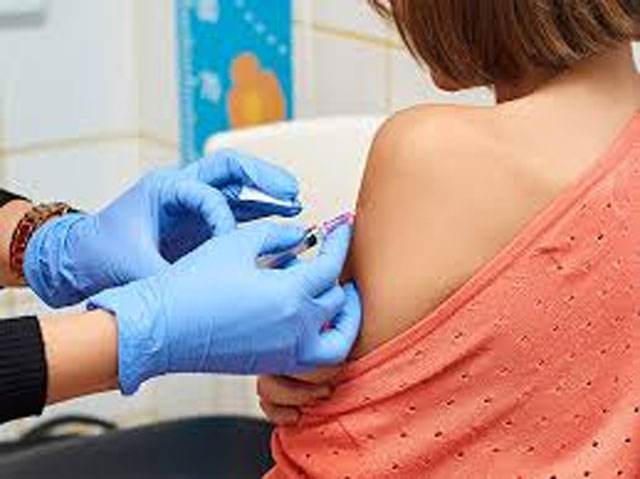Daijiworld Media Network - Washington
Washington, Nov 26: The US Centers for Disease Control and Prevention (CDC) has sparked controversy after updating its webpage on autism and vaccines to suggest that infant vaccines might contribute to autism — a claim that contradicts decades of scientific research. The revision, directed by US Health and Human Services Secretary Robert F. Kennedy Jr., replaces the earlier language stating that studies have not found any link between vaccines or vaccine ingredients and autism.
The updated message reads: “Scientific studies have not ruled out the possibility that infant vaccines contribute to the development of autism.” While HHS defended the change as an effort to “reflect gold standard, evidence-based science,” it drew sharp criticism from scientists, doctors, and autism advocacy groups, who argued that the new wording spreads misinformation and revives long-debunked claims.

“Medical researchers across the globe have spent more than 25 years thoroughly studying this claim. All have come to the same conclusion: Vaccines are not linked to autism,” said a joint statement from over 60 organizations, including the American Academy of Pediatrics, the American Medical Association, and the Autism Science Foundation.
Extensive research over the past two decades, conducted across seven countries and involving more than 5.6 million individuals, has consistently shown no connection between vaccines and autism. Studies in Denmark, Sweden, Finland, Israel, and Japan followed large cohorts of children and found no correlation between vaccination and autism diagnoses. “Vaccines have 1,000% been exonerated as a factor,” said Dr. Alycia Halladay, chief science officer at the Autism Science Foundation.
The myth linking vaccines to autism largely stems from a discredited 1998 study by British gastroenterologist Dr. Andrew Wakefield, which suggested a connection between the measles, mumps, and rubella (MMR) vaccine and autism. The study, which included only a dozen children, had major methodological flaws, conflicts of interest, and fabricated data. It was retracted in 2010, and Wakefield’s medical license was revoked.
Experts note that the persistence of the myth is often driven by parents seeking explanations for their children’s autism diagnoses. “It preys on the fears of parents and the idea that they can do something to prevent their child’s autism,” Halladay said.
Autism diagnosis rates in the US continue to rise, largely due to improved understanding and screening. By 2022, approximately 1 in 31 children were diagnosed with autism by age eight, up from 1 in 36 in 2020.
In response to the CDC’s webpage update, 30 autism and disability organizations have called for a reversal, urging the agency to restore accurate information, strengthen public vaccine education, and prioritize research initiatives that serve the needs of autistic individuals and their families.